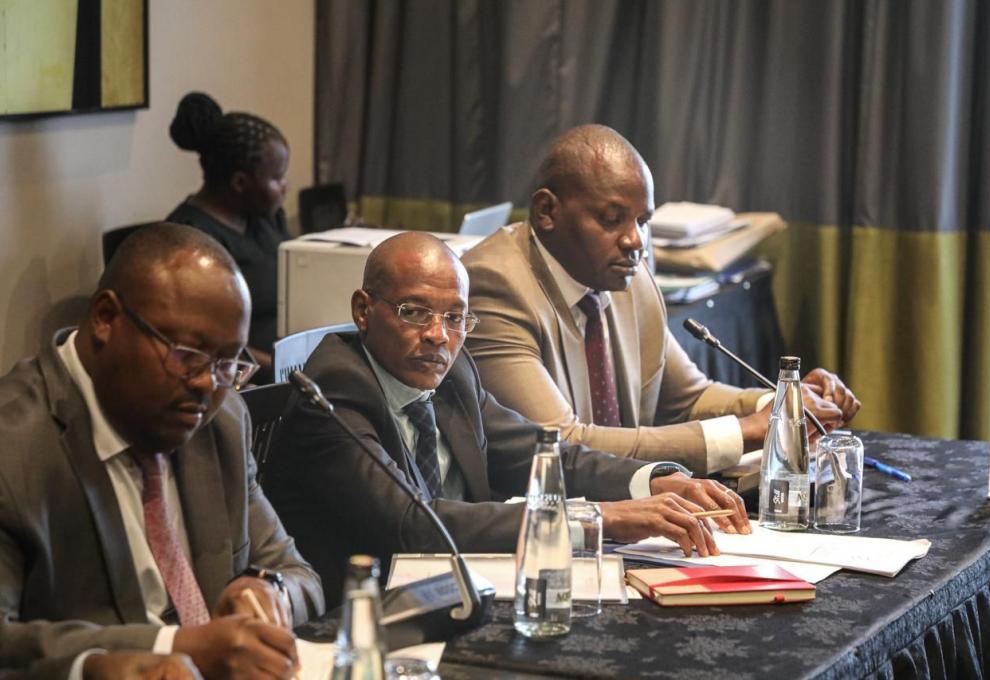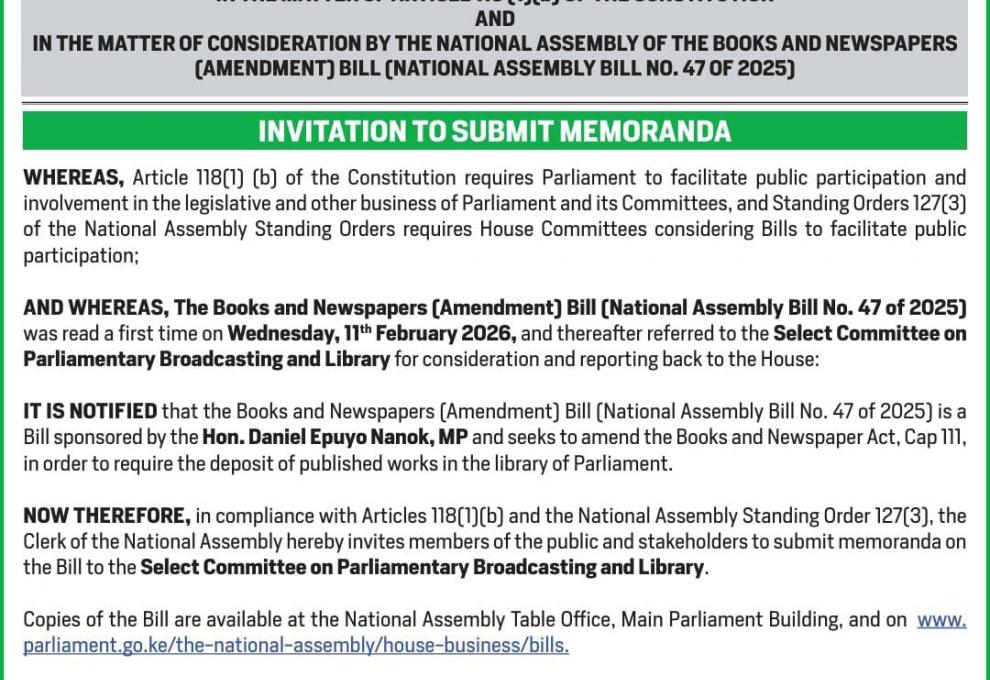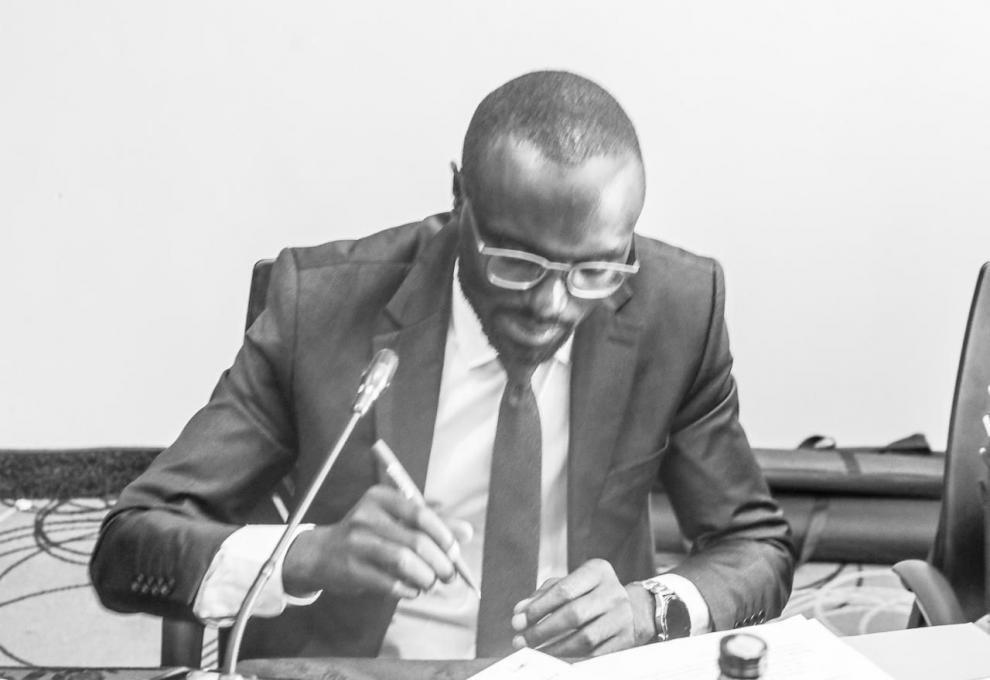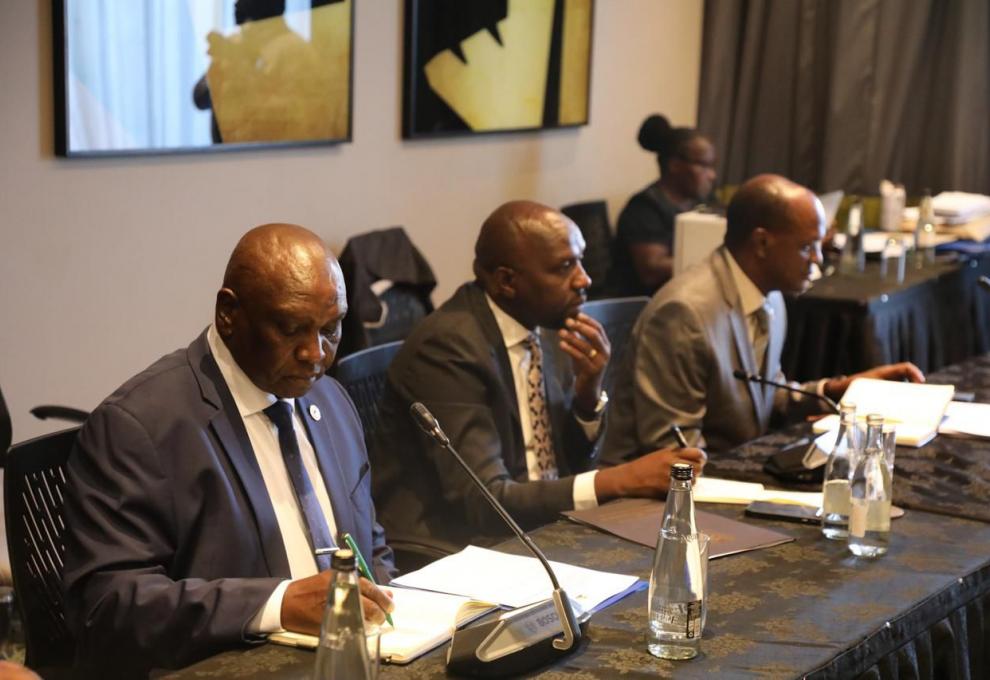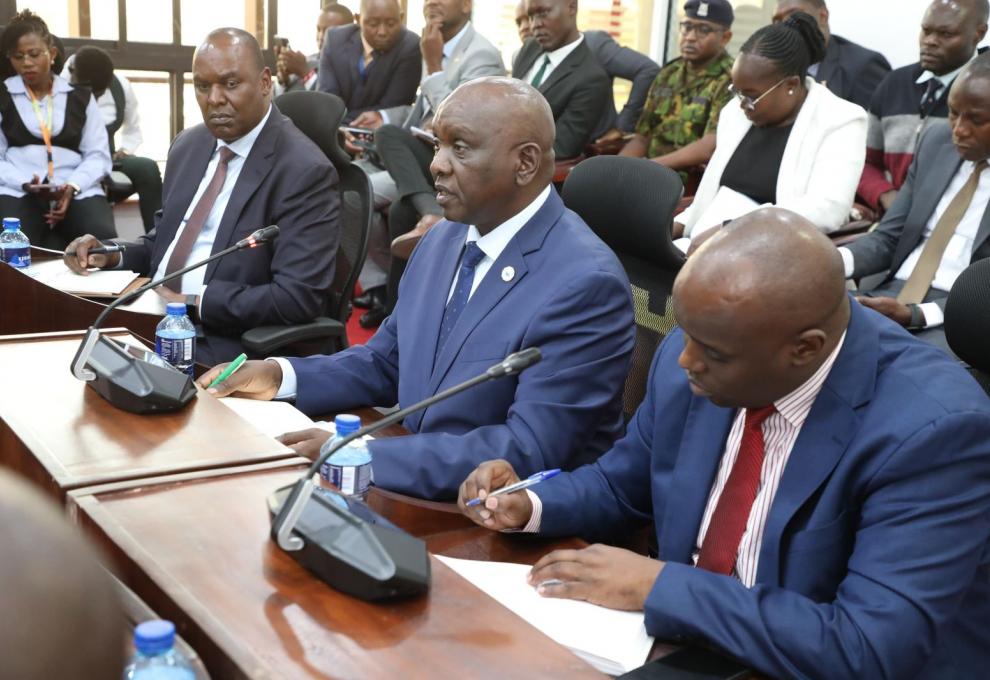𝐑𝐄𝐑𝐄𝐂 𝐃𝐄𝐅𝐄𝐍𝐃𝐒 𝐈𝐓𝐒 𝐋𝐀𝐒𝐓-𝐌𝐈𝐋𝐄 𝐏𝐎𝐖𝐄𝐑 𝐄𝐅𝐅𝐎𝐑𝐓𝐒 𝐓𝐎 𝐓𝐇𝐄 𝐒𝐄𝐍𝐀𝐓𝐄 𝐂𝐎𝐌𝐌𝐈𝐓𝐓𝐄𝐄
The debate over the scope of national parastatals in the devolved era came to a head today as the Rural Electrification and Renewable Energy Corporation (REREC) appeared before the Senate Standing Committee on Devolution and Intergovernmental Relations.
REREC, currently ranked as the top national body performing functions deemed devolved by the Intergovernmental Relations Technical Committee (IGRTC), faced intense scrutiny regarding its continued involvement in last-mile power connection across counties.
Dr. Rose Mkalama, the CEO of REREC, who led the delegation, acknowledged the committee's specific request for her to explain why REREC is still carrying out a devolved function and to detail its budget allocations since the onset of devolution.
“We are operating within the mandate of the corporation, especially as enumerated in the Energy Act 2019,” Dr. Mkalama asserted, providing a statutory defence for the parastatal’s actions.
She detailed REREC’s history, noting its role in accelerating rural electrification from a 4% access rate in 2004 to a current 75%, arguing that this mission aligns with constitutional principles of social justice and equality, ensuring urban and rural areas develop simultaneously.
The Committee’s Vice Chairperson Sen. Catherine Mumma, however, contextualized the challenge, stressing the need to understand why these functions have not yet been fully devolved.
“The reason we have called you largely is to ask why you are carrying out devolved functions,” the Vice Chairperson stated before asking, “It is true that the 2019 Act clearly gives the task of connecting rural areas with electricity to the national government. However, do you intend to do the job in perpetuity without involving the counties?”
Dr. Mkalama elucidated that the country’s power infrastructure is integrated, suggesting that physically demarcating lines along county borders was "technically not possible to deviate from that line."
She, however, informed Senators that REREC is actively partnering with counties through Matching Fund Programs and Memorandums of Understanding (MOUs) to finance and identify projects based on county-integrated energy plans.
“Through this cooperation, we have been able to raise quite a substantial amount of money, close to Kshs4 billion, and it has gone a long way in augmenting exchequer funding,” the CEO noted, highlighting the collaborative framework in place.
She also cited the complexity of the task, which involves connecting public facilities across 280 constituencies and serving the last mile across the entire country.
Despite the collaborative efforts, senators pressed REREC on its long-term sustainability and exit strategies, with the Committee’s Chairperson, Senator Mohamed Abbass, raising concerns about the fate of past projects, specifically solar programs in schools where batteries have since failed.
“The School Program in counties like Wajir was done between 2013 and 2016 by REREC. However, the solar panels in some of those schools are not working properly because of low battery shelf life. What are you doing to address the problem?” Senator Abbas sought.
Dr. Mkalama conceded that it was true that some of the solar panels in schools located in the Noth Eastern region had failed, but assured the committee of REREC’s robust maintenance program that is currently focusing on schools in the northern part of the country.
The session concluded with the Committee acknowledging REREC's unique position but stressing the need for better structural alignment with the devolved governance system.
The Members of the Devolution Committee proposed that REREC consider the possibility of being an intergovernmental parastatal—a thought-provoking challenge to the corporation's current national structure.
“We would want to look at the MOUs you have and see whether they meet the test in terms of an intergovernmental arrangement,” Senator Mumma concluded, signaling a willingness to continue engagement to strengthen intergovernmental cooperation rather than just demanding an immediate exit.
REREC committed to further consultations, acknowledging that the objective remains clear: to ensure all rural communities in Kenya receive reliable access to power.












